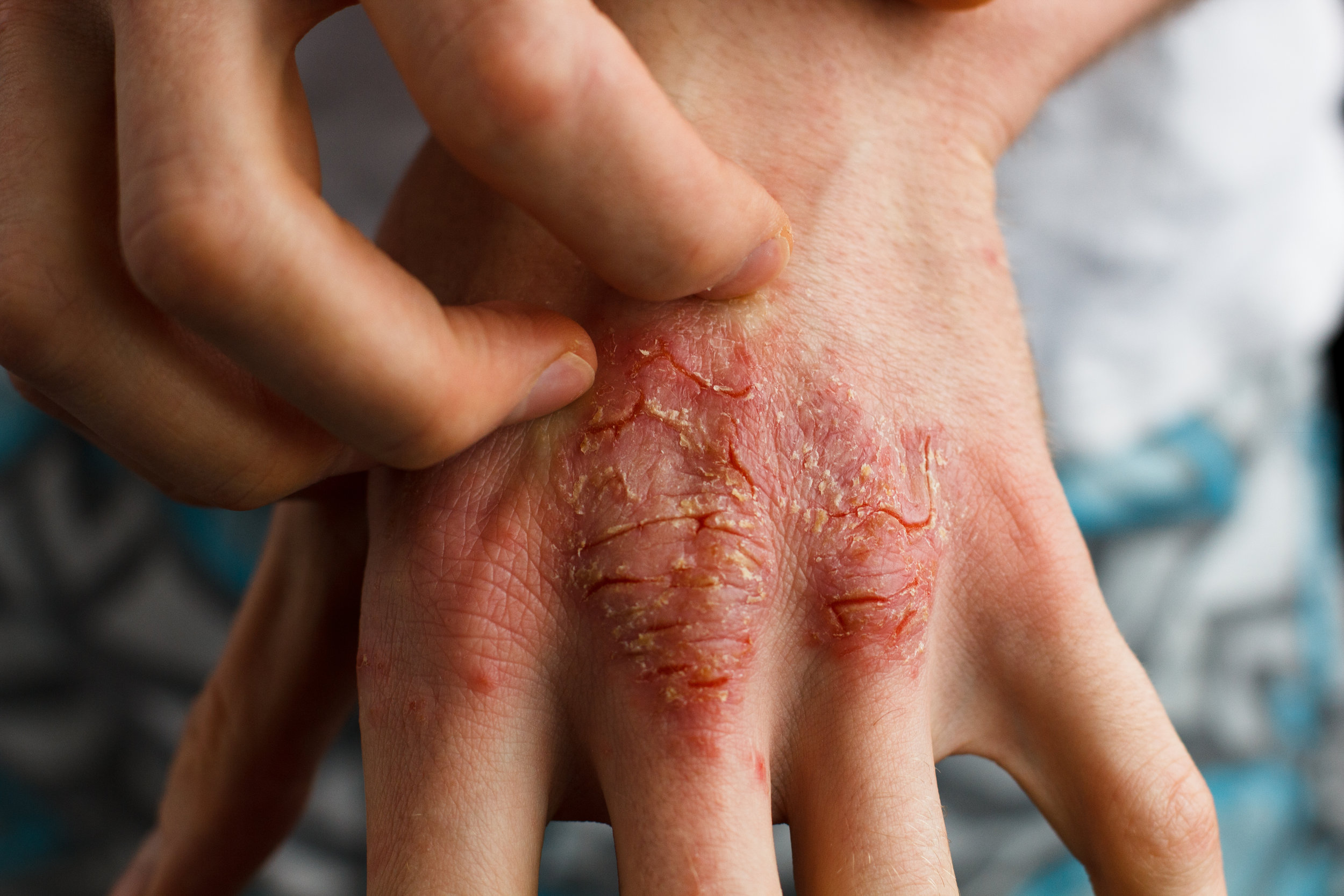Eczema,
also known as atopic dermatitis, is a chronic skin condition characterized by
red, itchy, and inflamed patches of skin. While eczema often requires medical
management, Indian home remedies can provide relief from symptoms and help
manage flare-ups. These remedies focus on soothing the skin, reducing inflammation,
and preventing further irritation. Here are some effective Indian home remedies
for eczema:
1. Coconut Oil:
Application:
1.
Apply virgin coconut oil directly to the affected areas of the skin.
2. Massage gently until the oil is absorbed.
Benefits: Coconut
oil is rich in fatty acids that help moisturize the skin and reduce
inflammation. It also has antibacterial and antifungal properties, which can
prevent infections in eczema-prone skin.
2. Aloe Vera Gel:
Application:
1.
Extract fresh aloe vera gel from the leaves.
2. Apply the gel directly to the eczema-affected skin.
Benefits: Aloe
vera has soothing and anti-inflammatory properties that can relieve itching and
redness associated with eczema. It also helps in moisturizing and healing the
skin.
3. Neem (Indian Lilac):
Application:
1.
Boil neem leaves in water to make a neem decoction.
2. Allow it to cool and use it to wash the eczema-affected areas.
Benefits: Neem
has antibacterial, antifungal, and anti-inflammatory properties, making it
effective in treating eczema and preventing infections.
4. Turmeric:
Ingredients:
Turmeric
powder
Water or milk
Preparation and Application:
1.
Mix turmeric powder with water or milk to form a paste.
2.
Apply the paste to the eczema patches.
3. Leave it on for 15-20 minutes before rinsing off with water.
Benefits: Turmeric
contains curcumin, which has anti-inflammatory and antioxidant properties. It
can help reduce inflammation and itching in eczema-affected skin.
5. Oatmeal Bath:
Ingredients:
Finely
ground oatmeal
Warm water
Preparation and Application:
1.
Add finely ground oatmeal to a bathtub filled with warm water.
2. Soak in the oatmeal bath for 15-20 minutes.
Benefits: Oatmeal
has anti-inflammatory properties and can help soothe itchy and irritated skin
in eczema. It also acts as a gentle cleanser and moisturizer.
Additional Tips:
1. Avoid Triggers: Identify and avoid triggers that
worsen your eczema, such as certain fabrics, harsh soaps, and allergens.
2. Moisturize Regularly: Keep your skin well moisturized
using emollients or moisturizing creams to prevent dryness and itching.
3. Wear Comfortable Clothing: Choose loose-fitting,
soft fabrics like cotton to minimize irritation on eczema-prone skin.
4. Practice Good Skincare: Use mild, fragrance-free
cleansers and avoid excessive bathing or hot water, which can strip the skin of
its natural oils.
When to Seek Medical Advice:
1.
If your eczema symptoms are severe, persistent, or worsening.
2.
If you develop signs of infection such as increased redness, swelling, or
oozing from eczema patches.
3.
If home remedies do not provide relief or if you experience side effects.
Bottom line:
Indian
home remedies like coconut oil, aloe vera gel, neem, turmeric, and oatmeal can
help manage eczema symptoms and provide relief from itching, redness, and
inflammation. However, it's important to consult a healthcare professional for
a proper diagnosis and treatment plan, especially if your eczema is severe or
persistent. Combining home remedies with medical guidance can lead to better
management of eczema and improved skin health.
home remedies for eczema,eczema,eczema home remedies,eczema treatment,eczema remedies,how to treat eczema,treatment for eczema,top home remedies for eczema,how to get rid of eczema,how to cure eczema,tips for eczema,eczema cure,eczema on face,home remedy for eczema,best home remedies for eczema,home remedies for eczema on feet,home remedies for eczema on scalp,home remedies for eczema in hindi,eczema natural remedies,home remedies

